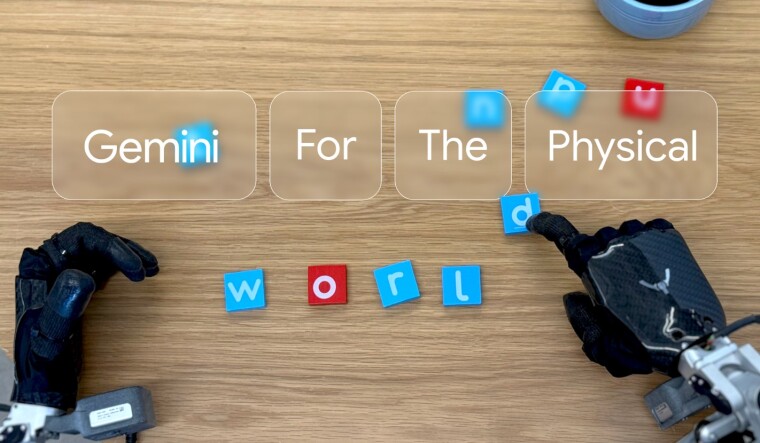In the vast landscape of World War II cinema, where tales of frontline battles and heroic soldiers often dominate the narrative, Tyler Perry’s “The Six Triple Eight” emerges as a poignant tribute to a lesser-known facet of the war effort. This Netflix drama shines a light on the remarkable women of the 6888th Central Postal Directory Battalion, an all-Black unit tasked with tackling the monumental backlog of mail that had crippled communication between soldiers and their loved ones back home.
The Six Triple Eight
While the thundering guns and aerial dogfights often capture the imagination, the intricate network of logistics that keeps an army functioning is equally crucial. “The Six Triple Eight” delves into this often-overlooked aspect of warfare, highlighting the vital role of communication in maintaining morale and ensuring the smooth flow of operations.
The film opens with a stark depiction of the battlefield, where a downed pilot’s letter becomes a symbol of the broken mail system. This sets the stage for the introduction of the 6888th, a battalion of determined women who faced daunting challenges and systemic discrimination to fulfill their mission.
Led by the formidable Major Charity Adams (Kerry Washington), the women of the 6888th faced not only the logistical nightmare of sorting through mountains of mail but also the pervasive racism and sexism of the era. Despite these obstacles, they persevered, their dedication and ingenuity proving instrumental in restoring the vital link between soldiers and their families.
The film deftly interweaves personal stories with the broader historical context, creating a tapestry of individual struggles and collective triumphs. The romance between Lena Derriecott King (Ebony Obsidian) and Abram (Greg Sulkin), cut short by the war, adds a poignant layer to the narrative, highlighting the personal sacrifices made by those on the homefront.
Known for his accessible and emotionally resonant storytelling, Tyler Perry brings his signature style to “The Six Triple Eight.” The film’s linear narrative and straightforward approach may not appeal to those seeking complex cinematic techniques, but it effectively conveys the emotional core of the story.
Perry’s strength lies in his ability to connect with a broad audience, and “The Six Triple Eight” is no exception. The film’s uplifting message of resilience and determination resonates deeply, offering a powerful reminder of the often-unsung contributions of women and people of color in shaping history.
The film boasts a talented ensemble cast, with Kerry Washington delivering a commanding performance as Major Adams.Her portrayal of a woman navigating the complexities of leadership in a prejudiced environment is both nuanced and inspiring.
The supporting cast, including Oprah Winfrey as Mary McLeod Bethune and Susan Sarandon as Eleanor Roosevelt, adds depth and gravitas to the narrative. While some characters may verge on caricature, the overall performances are strong and engaging.
“The Six Triple Eight” serves as a timely reminder that history is often written from a limited perspective. The film’s focus on the contributions of Black women in World War II challenges the traditional narrative, offering a more inclusive and nuanced understanding of the past.
While the film takes some liberties with historical accuracy, it remains a powerful tribute to the women of the 6888th.Their story, long overlooked, deserves to be told, and “The Six Triple Eight” brings their valor and dedication to the forefront.





